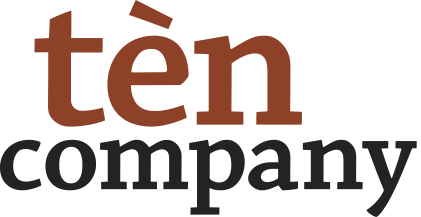Team development without wasting your time and money

Team development has been a central part of my career for the last 20 years. While I've had the privilege of working with leadership teams across the globe and enjoyed numerous extravagant retreats, I've come to realize that team development is not about luxury resorts or extravagant dinners. It's about achieving tangible results that benefit your organisation long after the event has ended. In this column, I'll share strategies to ensure that your team development efforts yield a high return on investment.
So, what can you do to ensure you don't waste your time and money?
My recommendation is to consider the following factors beforehand:
- Reduce the emphasis on extravagant locations and food. Excellence doesn't necessarily equate to exorbitance. Significant savings can be realized by choosing a less extravagant venue and more modest dining options. Seek out inspiring locations that encourage creativity. While I advocate for venues outside the office, they need not break the bank.
- Clarify your objectives. Team development is an investment, much like any other relationship. Therefore, define your goals. What do you aim to achieve? Is it mending relationships, building trust, expressing gratitude to your team, formulating a clear purpose and strategy, refining leadership skills, fostering a culture of giving and receiving feedback, gaining insights into strategy execution techniques, or enhancing your grasp of strategic people management?
- Consider external facilitation. While it's possible to lead these workshops yourself, bear in mind that effectively facilitating the process while actively participating can be exceedingly challenging.
- Understand that change is an ongoing process. From the outset, incorporate plans for future steps and progress monitoring. Avoid a one-off event! It's a waste of money.
- Recognize that stopping certain behaviors can be simpler than adopting new ones. For instance, ceasing interruptions, discontinuing conversations about colleagues instead of with them, or discontinuing meetings lacking clear agendas. Create a 'to-stop list' instead of a list of well-intentioned new behaviors. Old habits are often easier to stop than new ones are to adopt.
- While I completely understand that team development via video is termpting, it's just not the same! If at all possible, bring your people physically together at least once. Follow-up via video is fine and saves a lot of money!
Developing your team is pivotal for fostering healthy teamwork and generating value. Both 'the what' (the business objectives) and 'the how' (how we achieve them) need attention. However, consider strategies to maximize your likelihood of achieving the results you desire.
Let us know what your experiences are?
Hopefully this inspires.
Paul Donkers
Paul P.J. Donkers is a sought-after global business coach and management consultant. More about his work and projects can be found via www.tencompany.org and via www.ikigaicoachinginstitute.com
Paul and his partners work since decades with leaders to assist them create more value. If you want to have a confidential conversation, just reach out to us via This email address is being protected from spambots. You need JavaScript enabled to view it.






